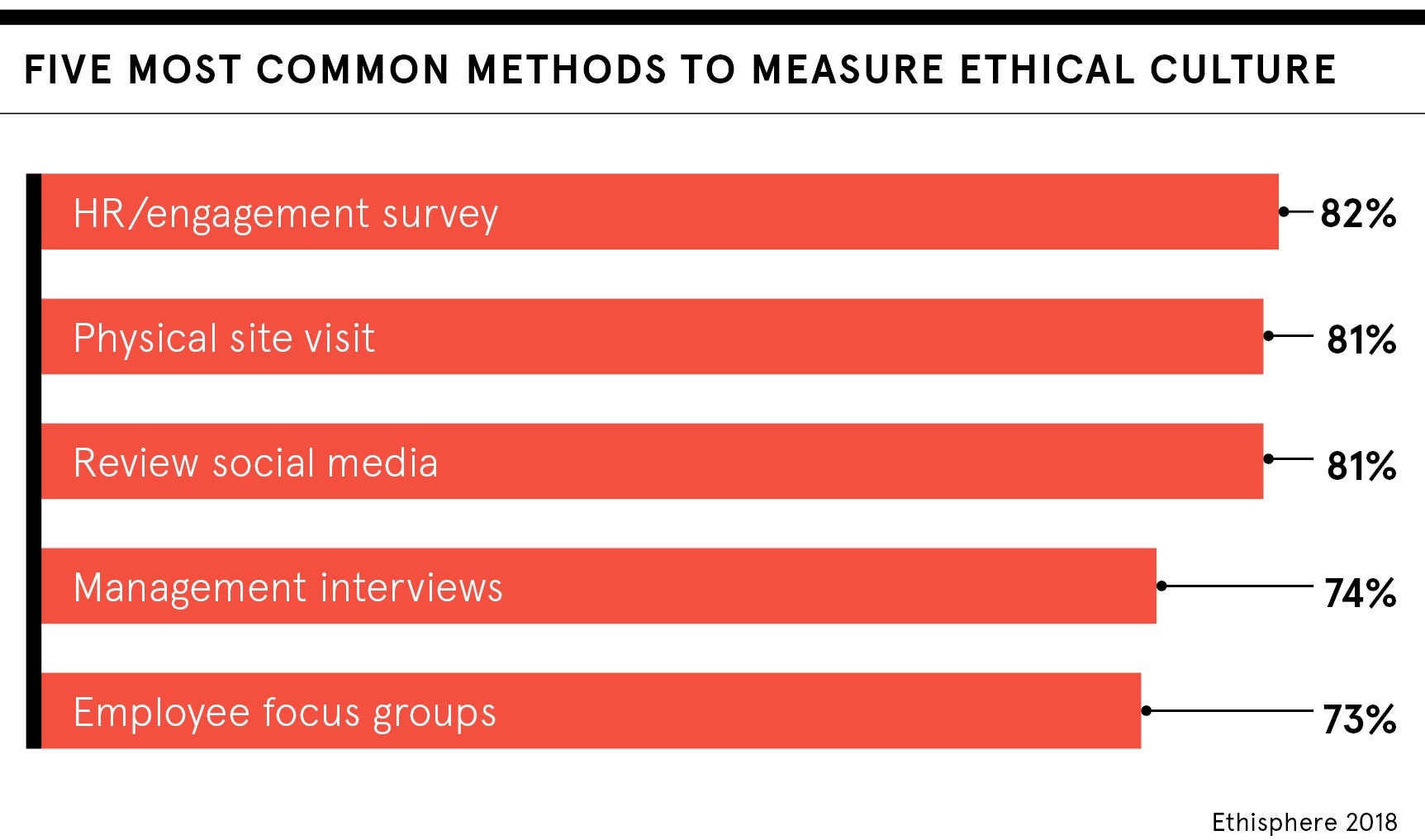The link between HR and ethics is rising up the wider corporate agenda as more and more business leaders recognise its importance and implications.
For example, in a landmark move in August, the bosses of 181 of America’s biggest companies backed a revised definition of corporate purpose, indicating that making money for shareholders and maximising profits were no longer the top priority.
Instead, the declaration says, there should also be a parallel focus on improving society by providing value to customers, investing in employees, dealing ethically with suppliers, supporting local communities and protecting the environment.
Among the senior executives signing up to the definition devised by the Business Roundtable, a group that includes the most influential leaders in corporate America, were Jeff Bezos, founder of Amazon, and Jamie Dimon, chairman of J.P. Morgan.
But the move was neither purely altruistic, nor did it come out of the blue. On the one hand, in an age in which public scrutiny is on the rise and many governments are taking a harder line on corporate misconduct, organisations are keen to avoid reputational damage, not least as it deters customers and investors, says Megan Reitz, professor of leadership and dialogue at Hult Ashridge Executive Education.
On the other hand, companies are also coming under growing pressure internally as the notions of “purpose and ethics” take on increasing significance for the workforce.
“An ethical culture is important in terms of motivation and, ultimately, employee and business performance,” says Professor Reitz. “So there’s a drive from both inside and outside, which means these issues are now being taken more seriously at the senior-leadership level.”
What an ethical culture looks like
There is currently no standard definition what an “ethical organisation” actually looks like, says Andrew Leigh, co-founder and director at training consultancy Maynard Leigh Associates. Although he adds that the criteria used by the Ethisphere Institute in compiling its annual list of 128 large, public exemplar companies is “the closest we’ve got to a broad answer”. These criteria cover compliance, corporate citizenship and responsibility, culture, governance and leadership, innovation and reputation.
Jason Fowler, HR director at tech firm Fujitsu UK and Ireland, sums up a truly ethical organisation as being one that cares about the “how” as much as the “what”.
In terms of financials, for example, it is about “genuinely and sincerely focusing on how they are delivered, not just what they are”, he says. The same applies to everything from recruitment and staff progression to how the wider supply chain operates.

“Most medium to large organisations have a set of values that they may make a big song and dance about. But being ethical is about putting them into practice and even being prepared to take decisions that may disadvantage the business commercially to remain congruent with them,” says Mr Fowler.
Interestingly, though, the Ethisphere Institute indicates that far from harming business, behaving ethically actually generates considerable benefits over the longer term. An annual comparison between the stock prices of firms that make its list and those on the Large Cap Index reveals that, over a three-year period, the former outperform the latter by 10.5 per cent and, over five years, by 14.4 per cent.
As Mr Fowler says: “Achieving success by making money is a short-term mantra, but if you create a common purpose, which is a feature of ethical leadership, you’ll find there’s more innovation as well as higher engagement and commitment, so it makes a material difference.”
A further advantage of this approach is the positive impact it has on a company’s employer brand, which also makes it easier to attract and retain staff, he adds.
Relationship between HR and ethics
Given the traditional link between HR and ethics though, what action can professionals take to support the creation of a sustainable ethical culture within their organisation?
According to Jose Hernandez, chief executive of organisational change consultancy Ortus Strategies and author of Broken Business, one of the keys to success is enabling an environment where open communication is possible at all levels.
This means supporting a culture in which employees feel able to speak up and challenge existing ways of working. It includes using anonymous whistleblowing channels without fear of reprisals, and leaders prepared to listen and act swiftly and consistently, even in the case of corporate “superstars”.
“It’s about fostering an environment that communicates the importance of values, puts people first and holds those in power accountable when things go wrong,” says Mr Hernandez. “It’s also important to incentivise ethical conduct by building ethical considerations and performance targets into the organisation’s processes for promotion and variable compensation.”
Ethical behaviour starts on day one
Other ways HR can help is to undertake robust due diligence and ethics-based vetting for all new recruits as well as provide ethical communication and training schemes. The aim is not only to increase awareness and understanding of ethical matters at all levels of the business, but also to help people navigate any dilemmas they may encounter on a day-to-day basis.
Most important of all, says Fujitsu’s Mr Fowler, is that organisational ethics are owned by the C-suite as what they do is emulated across the organisation.
“So it can’t be treated as an add-on or something you do once a year by giving a talk at an awards dinner,” he explains. “You have to live it day to day because, if people can see the leadership team translating principles into action, it becomes the corporate standard.”
Mr Fowler also believes HR directors have a particular role to play as the conscience of the organisation. “This involves holding up a mirror to the rest of the leadership team, to challenge the decisions of the board and those further down, and hold everyone to account in the way we live and breathe our values. So, ultimately, it’s about embodying the ethics of the organisation,” he concludes.
What an ethical culture looks like

